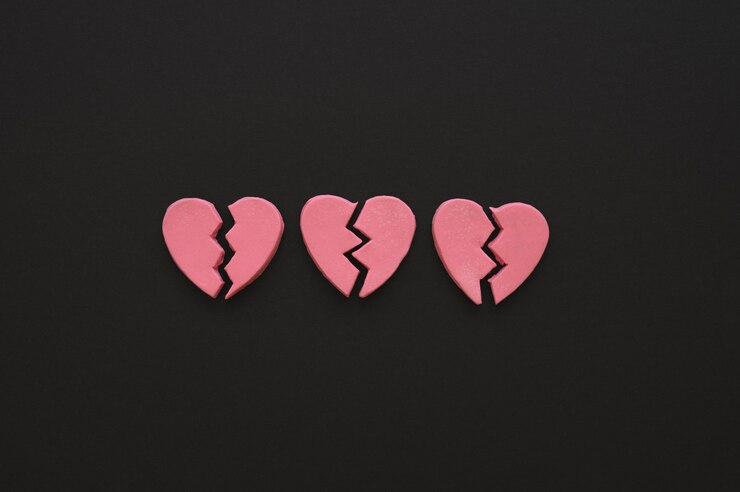Going through a breakup is undoubtedly one of the most challenging experiences one can face in life. It often brings a whirlwind of emotions, leaving individuals feeling lost, hurt, and confused. In order to make sense of this emotional rollercoaster, it can be helpful to understand the five stages of grief that are commonly associated with the breakup process. By recognizing and acknowledging these stages, individuals can navigate their emotions and eventually find healing and acceptance.
- Denial
The initial stage of grief in a breakup is often characterized by denial. It’s a natural response to protect oneself from the painful reality of the situation. During this stage, individuals may find themselves unable to accept that the relationship has ended. They may cling to false hope or find it difficult to believe that their partner is truly gone. Denial serves as a defense mechanism, providing temporary relief from the overwhelming emotions that come with a breakup. - Anger
As the reality of the breakup sets in, individuals often experience a surge of anger. This anger can be directed towards the ex-partner, themselves, or even the circumstances that led to the end of the relationship. It is crucial to express anger in healthy ways, such as talking to a trusted friend or seeking professional support. Unresolved anger can hinder the healing process and impede personal growth. - Bargaining
The stage of bargaining is characterized by a desperate attempt to regain what has been lost. Individuals in this stage may find themselves making promises or seeking compromises in the hope of reconciling with their ex-partner. It is important to recognize that bargaining is a natural response to loss, but it is often futile. Accepting that the relationship is over and focusing on personal growth is a more productive path forward. - Depression
After the initial shock and anger subside, individuals may enter a stage of deep sadness and depression. This stage is often marked by feelings of loneliness, emptiness, and despair. It is important to remember that depression is a normal response to loss and should not be ignored. Seeking support from loved ones or professional counselors can provide the necessary tools to cope with these feelings and gradually move towards healing. - Acceptance
The final stage of grief in a breakup is acceptance. It is the stage where individuals begin to come to terms with the reality of the situation and find inner peace. Acceptance does not mean forgetting or erasing the past, but rather acknowledging the loss and integrating it into one’s life story. This stage allows individuals to let go of the pain and embrace the possibilities of a new future.
It is important to note that the stages of grief are not linear and may not be experienced in a specific order. People may move back and forth between stages or even experience multiple stages simultaneously. Each individual’s journey through grief is unique, and there is no right or wrong way to grieve a breakup.
Understanding the five stages of grief in a breakup can provide a framework for processing emotions and finding healing. It is crucial to be patient and compassionate with oneself during this time. Seeking support from loved ones, engaging in self-care activities, and considering professional help can all contribute to a healthier recovery process. With time and self-reflection, individuals can emerge stronger and ready to embrace new beginnings.










